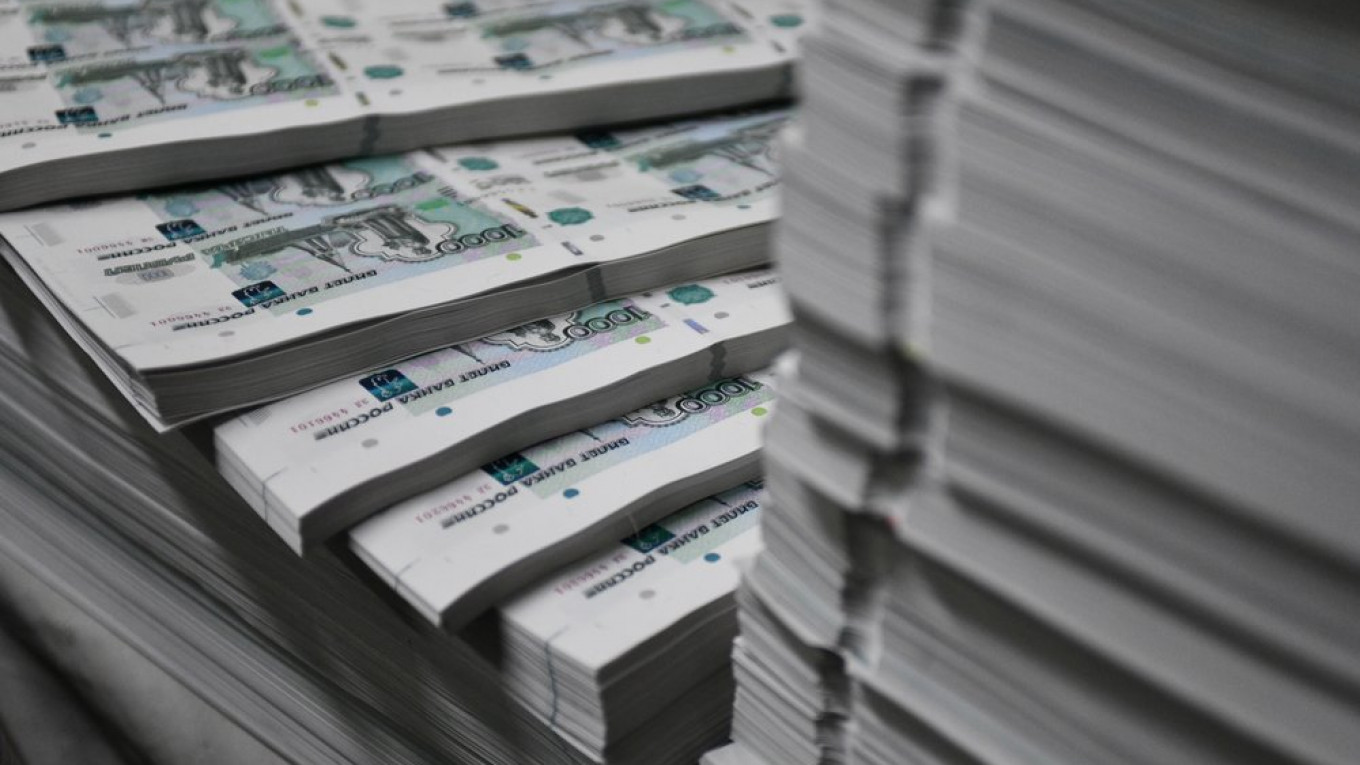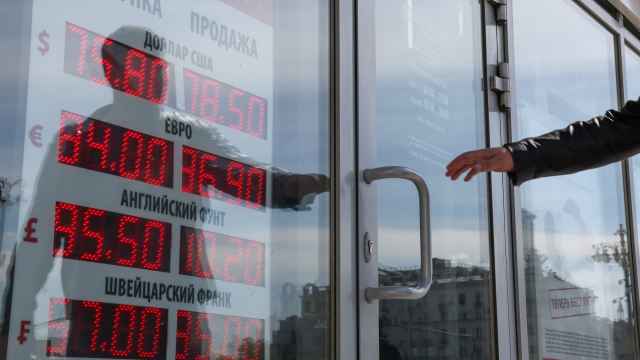Russian government borrowing is on course to hit its highest level in 15 years, an influential state watchdog has said in a new report cited by news site RBC.
The Audit Chamber said the government would need to issue 4.1 trillion rubles ($56 billion) of government bonds to plug the shortfall in the state’s budget as a result of the coronavirus pandemic.
It predicted the deficit will hit around 5% of Russia’s GDP this year, as the sharp fall in oil prices, cut in oil production and economic recession cut tax revenues. In the first six months of the year, government income from oil and gas sales was down 55% compared to 2019 levels.
Russia’s Audit Chamber oversees state spending and is headed by veteran politician Alexei Kudrin, a former finance minister who has pushed President Vladimir Putin to reform and liberalize Russia’s economy.
Russia’s conservative spending program in recent years helped it post a 1.8% budget surplus in 2019. The government originally planned to accelerate spending this year on a host of flagship infrastructure and national development projects, before it delayed the deadline for fulfilling those plans from 2024 to 2030, citing the economic impact of the coronavirus pandemic.
The country has more than $175 billion saved in its sovereign wealth fund from profits on oil exports over recent years. However, the government has proved reluctant to tap into its rainy day fund even at the height of the pandemic, and has instead set about filling the budget deficit through higher borrowing.
The government borrowed 1.6 trillion rubles ($22 billion) in the first half of this year, the Audit Chamber said, to cover a budget deficit of 955 billion rubles ($13 billion). The deficit would have come in at more than twice that level were it not for an accounting manoeuvre as part of a deal which saw the Central Bank formally sell its ownership of state-owned lender Sberbank, ceding control to the government.
A Message from The Moscow Times:
Dear readers,
We are facing unprecedented challenges. Russia's Prosecutor General's Office has designated The Moscow Times as an "undesirable" organization, criminalizing our work and putting our staff at risk of prosecution. This follows our earlier unjust labeling as a "foreign agent."
These actions are direct attempts to silence independent journalism in Russia. The authorities claim our work "discredits the decisions of the Russian leadership." We see things differently: we strive to provide accurate, unbiased reporting on Russia.
We, the journalists of The Moscow Times, refuse to be silenced. But to continue our work, we need your help.
Your support, no matter how small, makes a world of difference. If you can, please support us monthly starting from just $2. It's quick to set up, and every contribution makes a significant impact.
By supporting The Moscow Times, you're defending open, independent journalism in the face of repression. Thank you for standing with us.
Remind me later.






